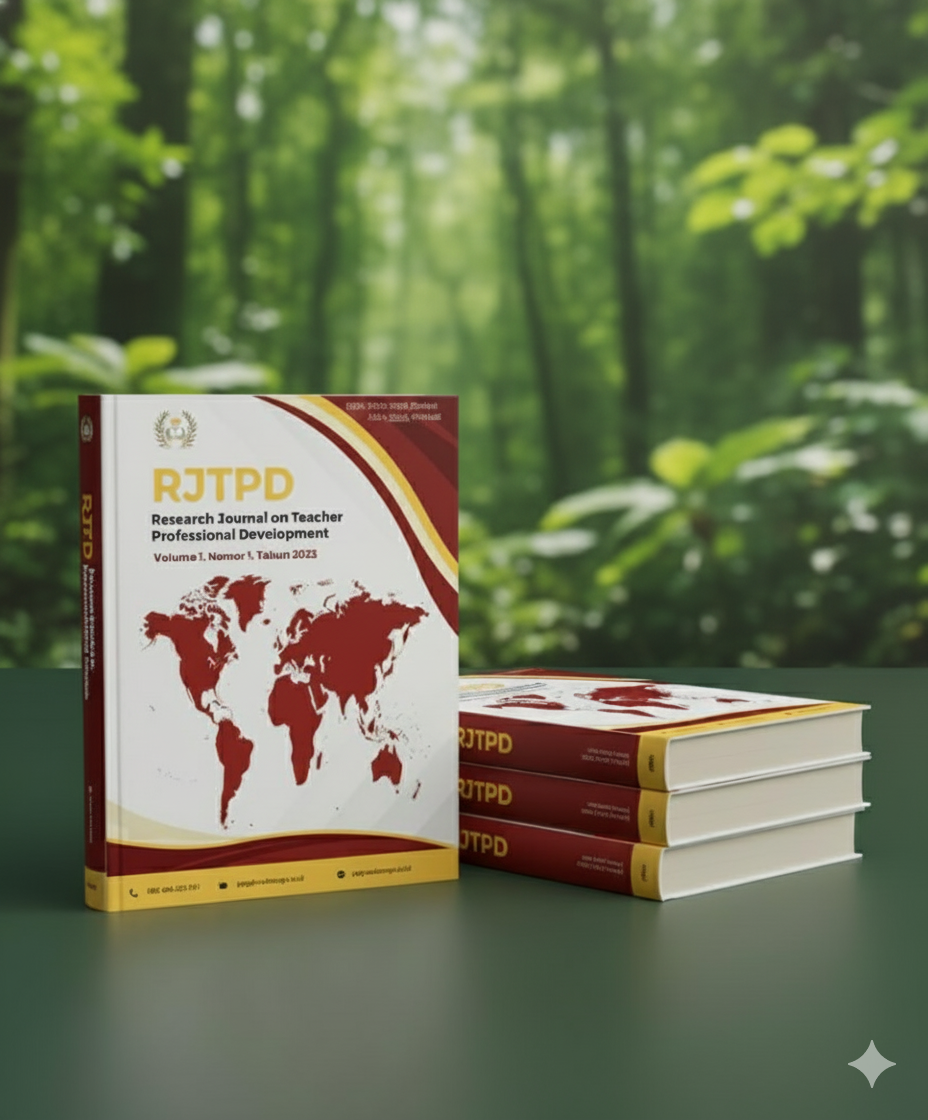Cover

|
Journal title |
Research Journal on Teacher Professional Development |
|
Initials |
RJTPD |
|
Editor-in-chief |
|
|
Managing Editor |
|
|
DOI prefix |
|
|
Online ISSN |
|
|
Publisher |
Fakultas Ilmu Tarbiyah dan Keguruan UIN Walisongo Semarang |
The Research Journal on Teacher Professional Development (RJTPD), ISSN 2988-0432 journal is a means to publish various research results in education and learning in the realm of early childhood education, basic education, secondary edu cation, and higher education. It is hoped that various research results and scientific studies published can contribute to the development of science, technology, and the arts in order to support the realization of professional educators. The Focus of Research Journal on Teacher Professional Development is to provide readers with a better understanding of professional Teacher Education from various perspectives, which includes library research and field studies, and presents developments with specific reference to the realm of education from planning, implementation, to educational evaluation through article publication.
-------------------------------------------------------------------------------------------------------------------
Cover

Important Tolls




Publisher:
Fakultas Ilmu Tarbiyah dan Keguruan UIN Walisongo Semarang
Jl. Prof. Dr. Hamka, Ngaliyan, Kec. Ngaliyan, Kota Semarang, Jawa Tengah 50185
Phone: +62 882-0070-87305
e-mail: [email protected]
